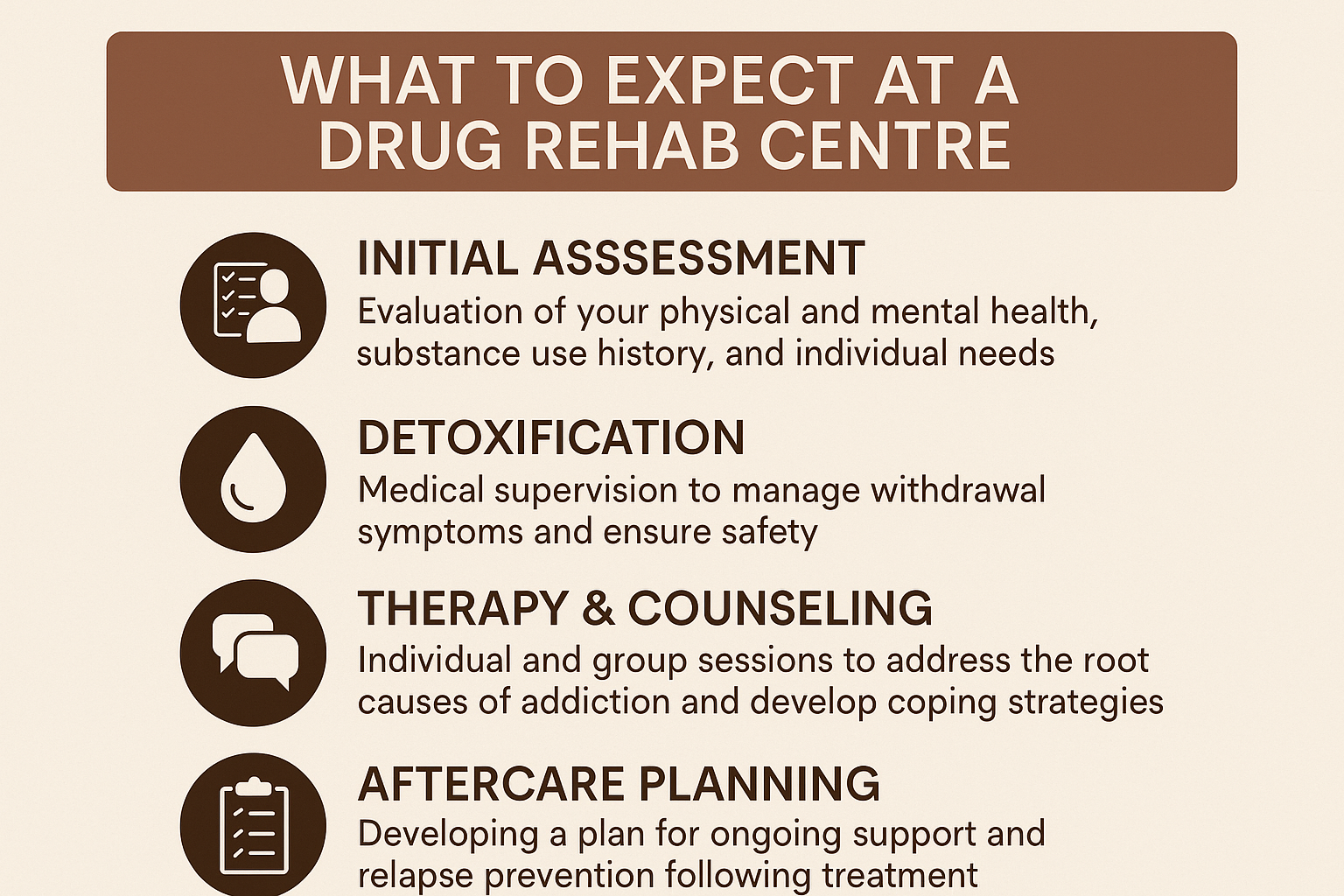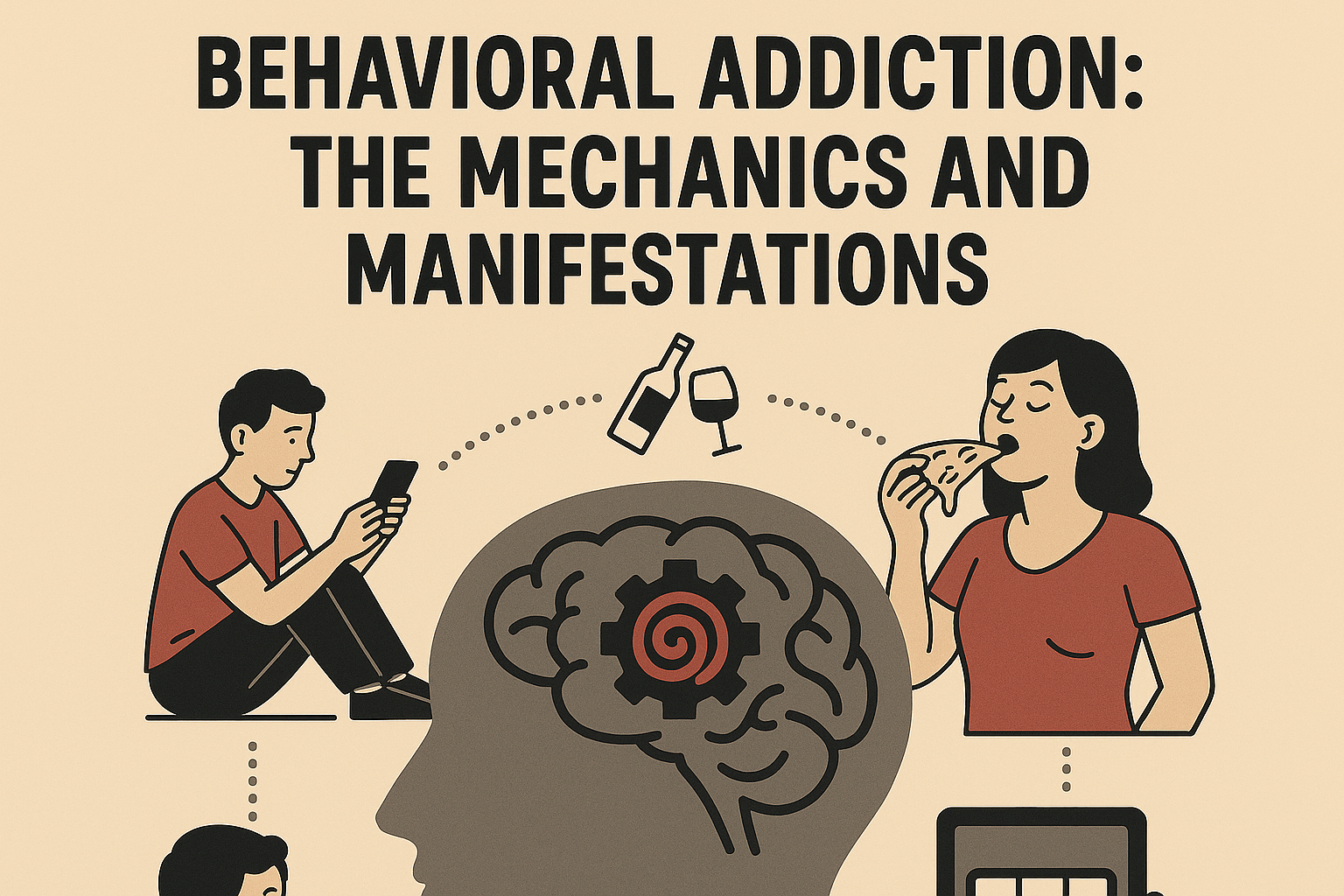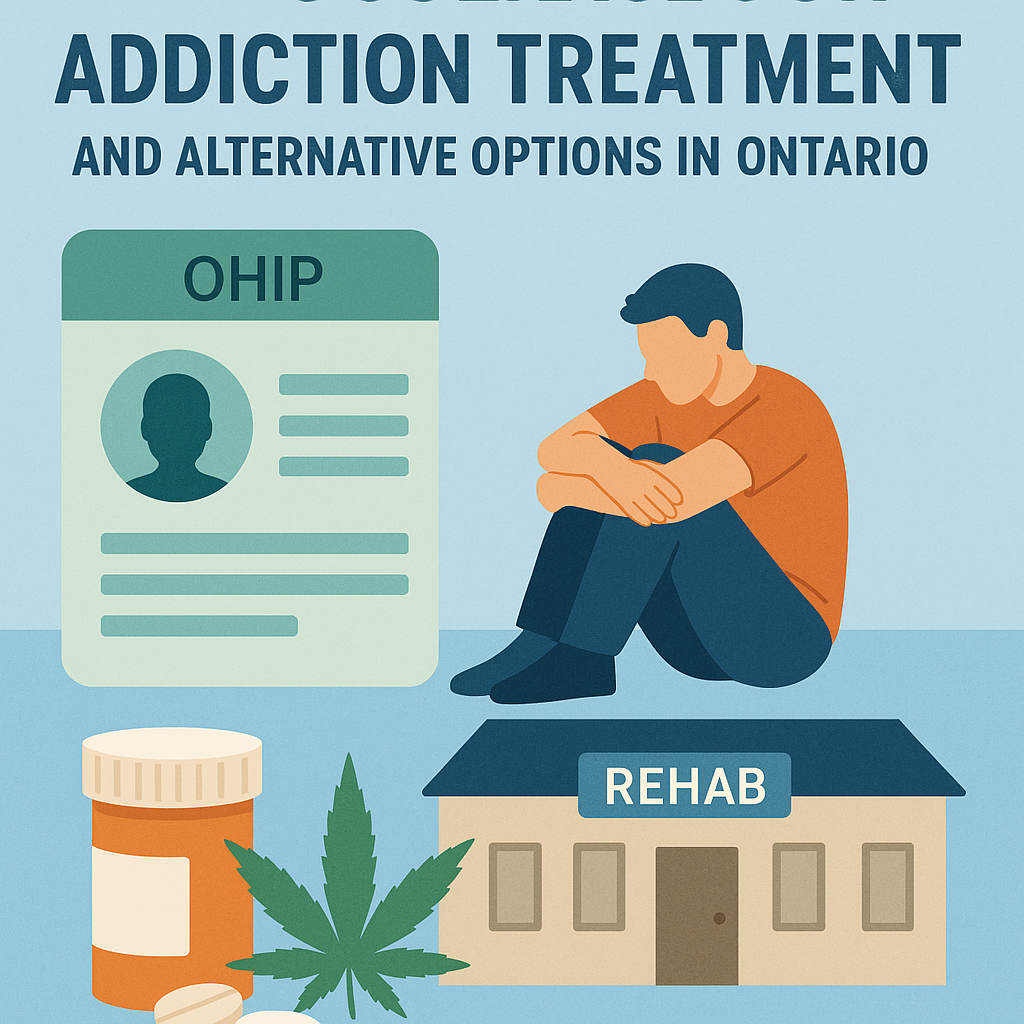
When it comes to addiction treatment centres, the unknown can be intimidating. Perhaps it’s the fear of judgment, the uncertainty of the process, or simply the apprehension of leaving familiar environments for something entirely new. This blog aims to shed light on what one could expect during a stay at an addiction treatment centre, demystifying the process and painting a clearer picture of this important step on the road to recovery.
Initial Assessment and Intake Procedure
Upon arrival at most addiction treatment centres, an initial assessment is typically conducted to evaluate the nature and extent of the addiction, co-occurring mental health disorders, and overall physical condition. This is often followed by an intake process, which includes paperwork and guidelines that outline the expectations, rules, and procedures of the facility. This administrative aspect may seem overwhelming, but it is essential for crafting a tailored treatment plan.
Structured Daily Routine
One of the hallmarks of effective addiction treatment is a structured daily routine. This usually includes a combination of individual therapy sessions, group meetings, recreational activities, and sometimes even vocational training. Meal times and medication schedules are also rigorously maintained. The routine is designed to keep the mind occupied, minimizing the time to dwell on cravings or triggers, while also instilling a sense of discipline and order that may have been lacking during the time of active addiction.
Therapeutic Modalities
Different centres employ various therapeutic approaches, ranging from Cognitive Behavioral Therapy (CBT) to Dialectical Behavior Therapy (DBT), among others. Holistic treatments like art therapy, music therapy, or physical exercise might also be included as supplementary to traditional methods. The common thread is the aim to identify underlying issues, replace harmful behaviors with healthy coping mechanisms, and build resilience against relapse.
Peer Interaction and Group Therapy
Group therapy sessions are often a central element of addiction treatment. In these sessions, individuals share their experiences, challenges, and coping strategies, providing each other with emotional support and insights that might not emerge in one-on-one settings. These interactions can form the basis for enduring support networks, critical for long-term recovery.
Family Involvement
Many addiction treatment centres also offer family therapy sessions, recognizing that addiction affects not only the individual but also their loved ones. These sessions educate family members about addiction, help mend fractured relationships, and equip them with strategies to support their loved one during and after treatment.
Aftercare Planning
Before the conclusion of the stay, a comprehensive aftercare plan is typically developed. This may include outpatient therapy appointments, ongoing medication regimens, and support group meetings. Some centres also offer alumni services, which include regular check-ins and community events aimed at fostering long-term recovery.
Conclusion
A stay at an addiction treatment centre is undoubtedly a significant commitment and emotional investment, but it’s a critical stepping stone on the path to recovery. From the initial assessments to the final aftercare plans, each element of the process has been designed to offer the highest chances of long-term success. While individual experiences will vary, this overview provides a generalized roadmap, hopefully making the decision to seek help a little less daunting.





